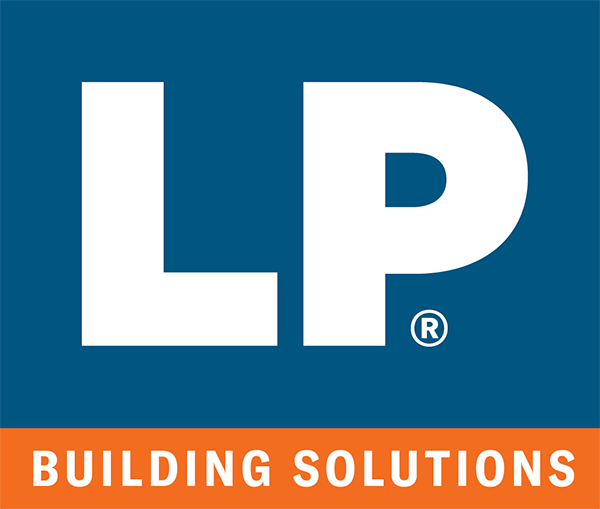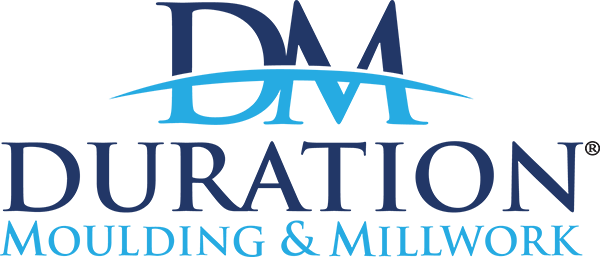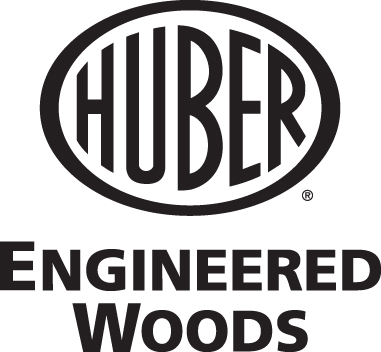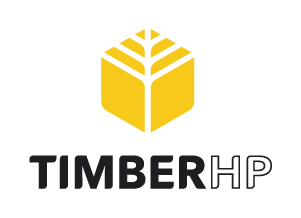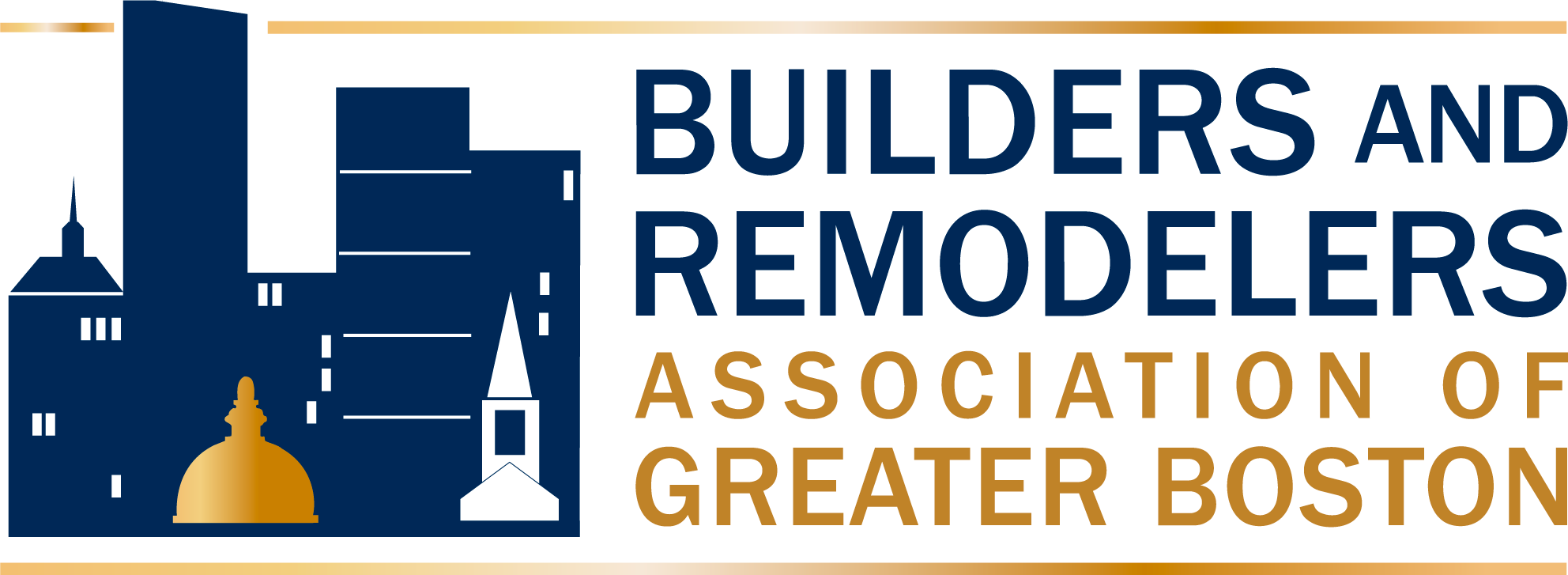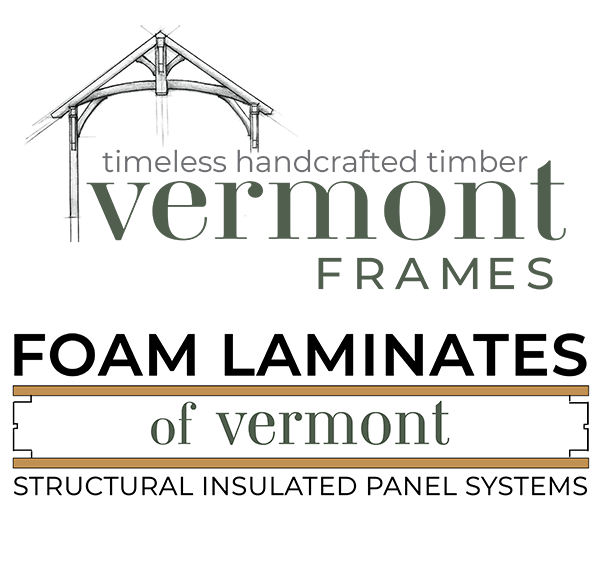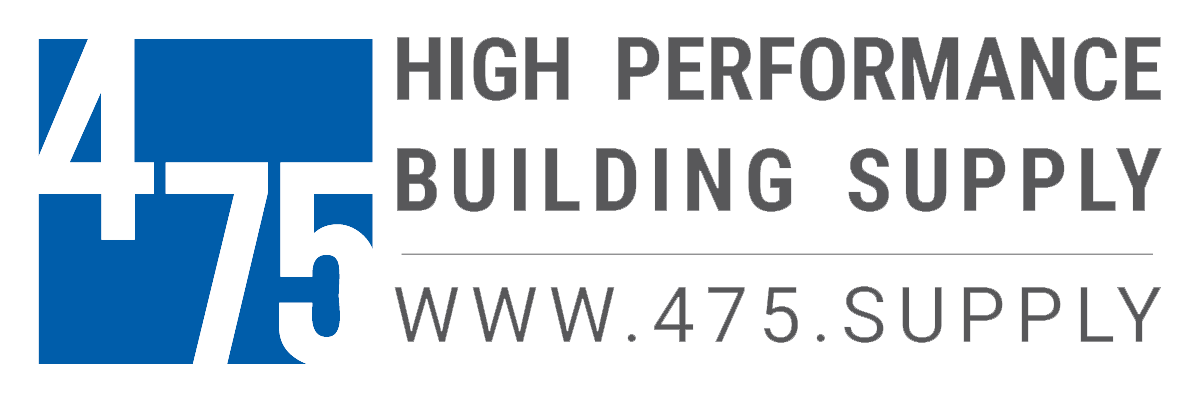Summit 2025 Schedule
The Fine Homebuilding Summit is the premier two-day thought leadership event dedicated to the evolution of residential design, construction, and business practices.
- Day 1: Morning September 18, 2025
- Day 1: Afternoon September 18, 2025
- Day 2 September 19, 2025
- Cleary Lecture Hall at Endicott College



Resilience starts simply, with durability. It means we need to design and build to keep homeowners safe—in some places, from strong winds and high waters; in others, from earthquakes, wildfires, and smoke. But that’s just the beginning. Perhaps resilience is also about adaptation, the electrical grid, personal finances, homeowner health, equity, and people’s livelihoods. Let’s dive in!

Are You Ready for the Lighting Revolution? Well, it’s here. The products, technology, and knowledge to fundamentally transform the way we light our houses are all at our fingertips. With some smart lighting-design fundamentals in hand, early adopters will set themselves apart with lighting that not only brings a house to life but improves homeowner wellness.

While its attributes and applications are not widely known, poly ash is unlike any other exterior building material. As the industry and world leader in the milling of poly ash, we’ll explore how DURATION® poly ash products provide design flexibility and ultimate value for exterior trim, moulding, millwork, and siding projects, from simple mouldings to complex millwork assemblies that meet and exceed the highest standards of historical architectural review board requirements… all from a material with 70% recycled content.

Custom, single-family homes simply aren’t “affordable.” Many go over-budget—and more and more frequently, they never get out of the ground because of costs. Every project has a budget, and every budget requires tradeoffs. Here are some examples of how we work to make projects attainable for the homeowners, and how we decide when to look beyond upfront costs and consider operating costs.


- Cleary Lecture Hall at Endicott College



If you’ve been hearing that panelized or modular construction is the future of home building for the last few decades, you might be wondering why the future never seems to arrive. Benefits like quality control, minimizing waste, and easier scheduling should be real. So why isn’t off-site construction more widely adopted? What do you need to know if you want to give it a try? And what would have to change about off-site processes to make them work for your business?

As the high-performance building world focuses on lowering energy loads and increasing comfort, the building industry at-large still misses a lot of the low-hanging fruit when it comes to mechanicals. From simple solutions for hot-water delivery, to getting ducts into conditioned space, to providing enough fresh air, once you understand the problems with what we’re doing now, we can talk about practical solutions.

Fire-resistant by design: Mitigating wildfire risk in WUI areas
This presentation explores strategies for designing fire-resilient buildings in Wildland-Urban Interface (WUI) areas. It covers key risks associated with wildfire exposure and highlights mitigation approaches such as defensible space, fire-resistant construction materials, and code-compliant detailing. The session also outlines practical solutions using stone wool insulation that align with WUI codes and standard across North America, providing guidance for building safer, more durable structures in fire-prone regions.
Ali Al-Janabi helps guide high-performance solutions using mineral wool across North America. Known for both his technical depth and practical knowledge, he earned the Joseph S. Zajchowski Technical Excellence Award from CSI Northeast Region for his contributions to the field.

There are good reasons why the building industry is hyper-focused on things like resilience and energy efficiency these days. Yet, the perceived quality of a new home or remodel often comes down to what we can see and touch—cabinetry, trim, tile, paint, and other finishes. These are things people experience and love every day about their homes. Creating them is also satisfying work that we should be proud of. This is why the ethos of the modern craftsperson is really no different than those of the past.



Join us at the Wylie Center & Tupper Manor for happy hour. Sponsored by Huber Engineered Woods.
- Cleary Lecture Hall at Endicott College



A business model that aims to enable and accelerate widespread adoption of sustainable housing and home building seems like a tall order for a two-person design firm. Yet that’s just what one Duluth, Minn., firm is doing. With systems thinking and integrated design, education, public engagement, and collaboration, Just Housing is building sustainability and resilience into their business, and into the communities they serve. Here’s how…

A carpenter with a passion for old homes started a remodeling business… and no, that’s not the setup for a joke. But if it were, the punchline would be this: He now runs a successful company solely focused on restoring, replicating, and building windows and doors for historic homes. Clearly, he did something right—let’s see if we can figure out what that was.

Joe will be walking attendees through the innovative, sustainable, and impressive portfolio for LP Building Solutions. LP offers both siding and structural products that can be used for single family, multi family, shed and manufactured housing, and commercial builds. He will give a brief overview of our engineered wood products while talking about how they can be used together to benefit contractors on the job site and give homeowners curb appeal and peace of mind for their homes.

The design and building world of residential construction faces some obstacles, from a lack of skilled labor to a lack of diversity. For small businesses, bringing on first-time employees and growing a team comes with many challenges. With the right approach to recruiting, training, and compensation and benefits, you can build a great team, reduce turnover, and grow the thriving business of your dreams.




Ben Bogie is one of the leading voices in the building industry today, and he’s particularly keen to learn from his elders. John Abrams is an industry luminary, having run a successful business that built everything from housing co-ops to luxury homes over a 50-year span, focusing equally on designing and building smart, high-quality homes, being a great employer, practicing environmentally responsible building, and serving the community. He recently turned leadership of the company over to his fellow employee-owners and shifted his focus to helping others achieve similar goals. Join us for Ben’s live interview with John Abrams.
- John Abrams: In 1975, John co-founded South Mountain Company (SMCo) on Martha’s Vineyard. Fifty years later, this 40-person worker co-op is among the world’s highest-scoring B-Corps. SMCo is a design-build firm that practices integrated architecture, building, and solar-energy design. On Dec 31, 2022, John relinquished his company ownership and co-founded Abrams+Angell, providing guidance to small businesses hoping to achieve social, environmental, and financial goals. John is a co-founder, facilitator, and steering committee member of Building Energy Bottom Lines; he engages in a variety of forms of community activism mostly involving affordable housing and serves on the steering committee and executive committee of The Coalition to Create the Martha’s Vineyard Housing Bank. John is the author of Companies We Keep: Employee Ownership and the Business of Community and Place, and From Founder to Future: A Business Roadmap to Impact, Longevity, and Employee Ownership, released this June. You can find John at abramsangell.com.

Hosted by Patrick McCombe, with a panel of past and present Fine Homebuilding podcasters, we’re doing it live with attendee questions to close the 2025 Fine Homebuilding Summit.

